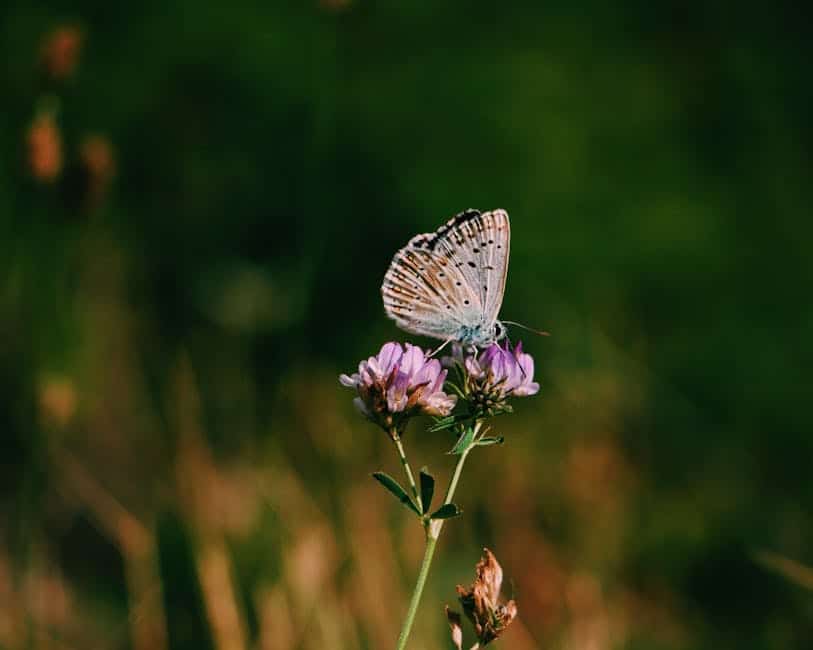How Long is the Viability of Garden Seeds?
Garden seeds are the foundation of every successful garden. Whether you’re growing vegetables, herbs, or flowers, the quality and viability of the seeds you use can make all the difference. But how long can you expect your garden seeds to remain viable? In this article, we will explore the average shelf life of garden seeds and provide you with tips on how to store them properly to maximize their longevity.
The Shelf Life of Garden Seeds
The shelf life of garden seeds can vary depending on the type of seed. According to the Seed Life Chart provided by Gardening Channel, certain vegetable seeds can last anywhere from 1 to 6 years when stored under ideal conditions. Garden Betty’s cheat sheet on seed storage life suggests that most vegetable seeds have a shelf life of about 3-5 years, while herb and flower seeds can last for about 1-4 years. On the other hand, Homestead and Chill state that the average shelf life of garden seeds is around three to four years after their “packed for” date, especially if they are stored in ideal conditions.
It is important to note that these timeframes are averages and can vary depending on the specific type of seed and the storage conditions. Some seeds may last longer if stored properly, while others may have a shorter viability period. It is always a good idea to check the specific recommendations for each type of seed you are working with.
Performing a Seed Germination Test
If you are unsure about the viability of your garden seeds, you can perform a simple seed germination test. This test involves placing a few seeds on a damp paper towel or in a seed tray with moist soil and monitoring them for germination. If the majority of the seeds sprout within the expected germination period, then the seeds are still viable and can be planted.
The germination period can vary depending on the type of seed, so it is important to refer to the specific recommendations for each seed. This test can give you a good idea of the viability of your seeds and help you determine if they are still worth planting.
Proper Seed Storage
Proper seed storage is key to maximizing the viability of your garden seeds. Epic Gardening provides some helpful tips for storing seeds to ensure their longevity.
When storing seeds, it is important to save mature seeds and remove any gel coating. After cleaning, the seeds should be dried in a well-ventilated area at temperatures between 60 and 100°F (16 and 38°C) for 7-10 days. Once dry, the seeds can be stored in paper envelopes, seed storage boxes, or zip-closure bags with the air pressed out.
It is recommended to store the seeds in a cool, dark location at temperatures of 60-65°F (16-18°C) for short-term storage. For long-term storage, seeds should be kept cool (around 40°F or 4°C) and dry. Cold storage options like a beverage cooler can be used to maintain the proper temperature. Moisture should be avoided, and moisture-absorbing packets or dried rice grains can be added to the storage container. Seeds should be protected from light, and opaque packets or boxes can be used. When removing seeds from cold storage, it is important to allow them to reach ambient room temperature before opening the container to prevent condensation.
Conclusion
In conclusion, the viability of garden seeds can vary depending on the type of seed and the storage conditions. While the average shelf life of garden seeds ranges from 1 to 6 years, it is important to refer to specific recommendations for each type of seed. Performing a seed germination test can help determine the viability of your seeds, and proper seed storage is crucial for maximizing their longevity.
Related Websites:
FAQs:
Q: What is the significance of seed viability in gardening?
Seed viability is crucial in gardening as it ensures successful germination and healthy plant growth. Using viable seeds increases the chances of obtaining desired plants and maximizing yields.
Q: How can seed viability be assessed?
Seed viability is commonly assessed by performing a germination test. This involves planting a sample of seeds under optimal conditions and observing the percentage of seeds that successfully sprout.
Q: What factors can affect seed viability?
Temperature, storage conditions, moisture levels, and seed age are important factors influencing seed viability. Proper storage techniques and maintaining ideal moisture levels and temperatures can help extend seed viability.
Q: What are the signs of reduced seed viability?
Decreased germination rates, changes in seed appearance or texture, and evidence of fungal or pest damage are common signs indicating reduced seed viability.
Q: How can seed viability be extended?
To extend seed viability, it is important to store seeds properly in cool, dry conditions. Additionally, following tips such as using airtight containers, labeling and organizing seeds, and avoiding exposure to moisture and extreme temperatures can help preserve seed longevity.






